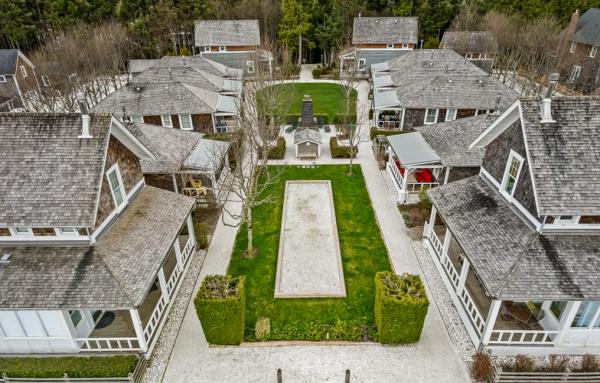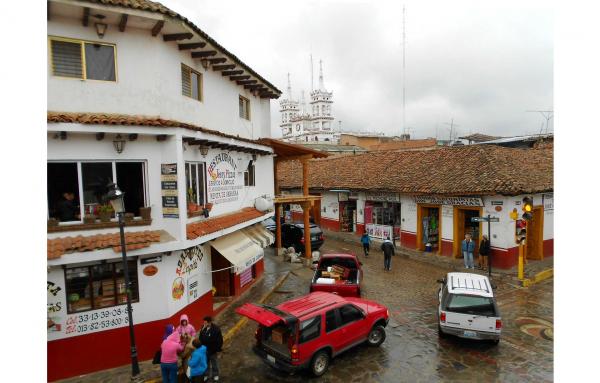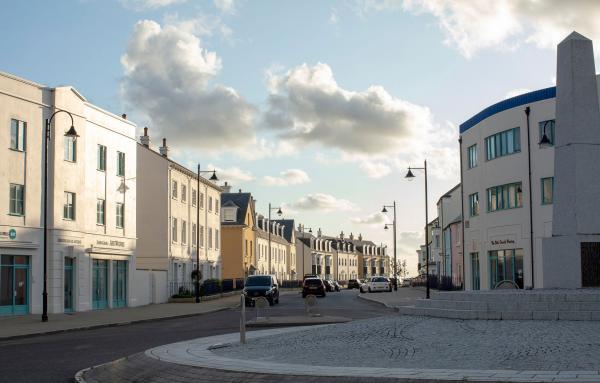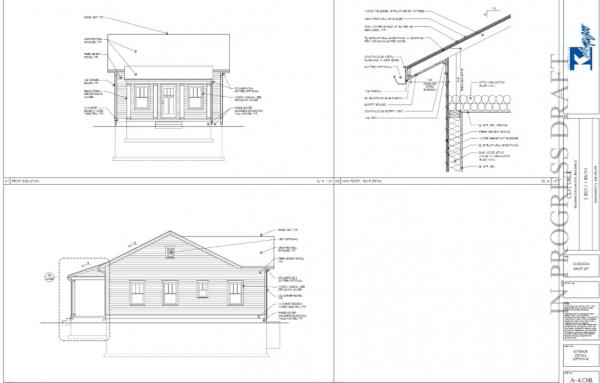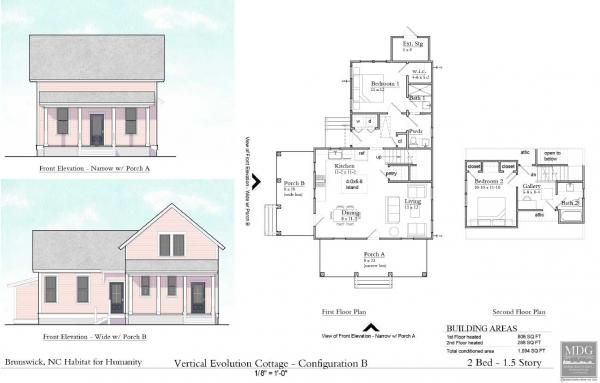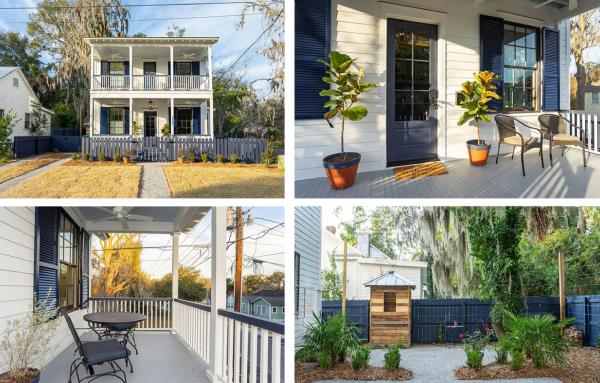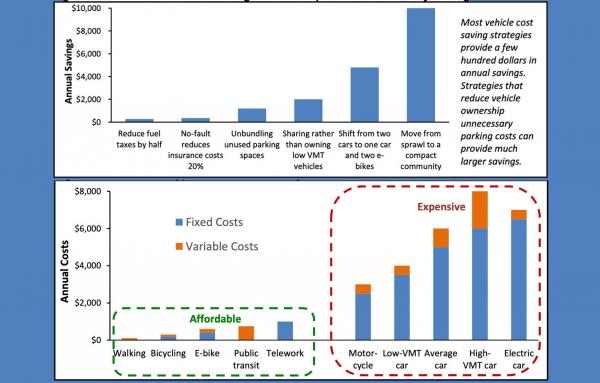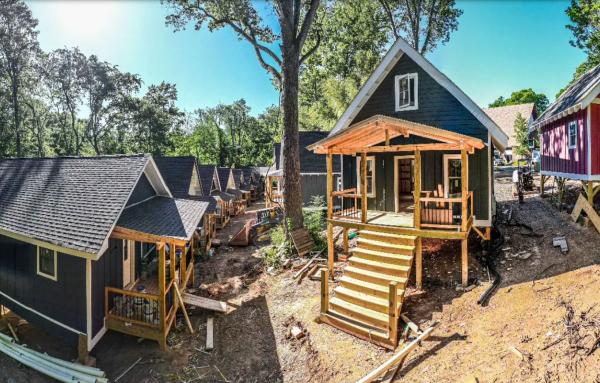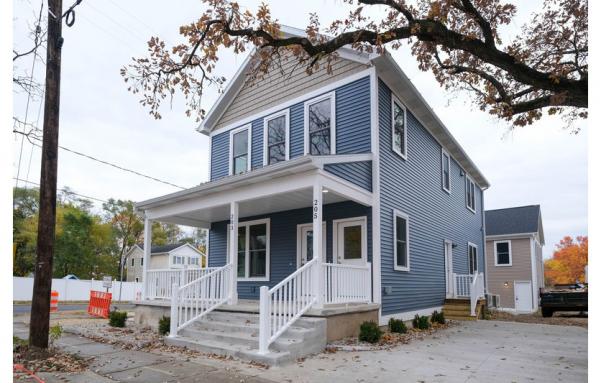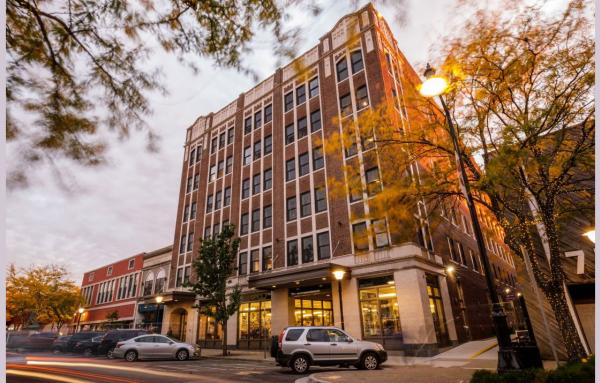Affordability
A careful apples-to-apples analysis shows that the classic urban pattern can actually cost less – but it mostly depends on the shape of the lots.
Challenging some of the assumptions underlying mixed-income housing.
King Charles’s follow-up to Poundbury gets the Gindroz Award for excellence in affordable housing. Nansledan is a large new urban community on the Northwest coast of Cornwall, England.
Micro-units are being built in large numbers in many US cities, renting at a significant discount compared to conventional apartments, according to a report.
The redevelopment of sites owned by faith-based organizations (FBO) is among the decade's biggest urban redevelopment challenges. Some arise from a nationwide wave of church closings—others represent land owned by congregations that could serve a...
Kalamazoo has allocated $480,000 to build three cottages from its catalog of pre-approved plans. The Michigan city will build the 864 sq. ft. single houses on infill land owned by the Kalamazoo County Land Bank. Construction is expected to begin in...
A design for a North Carolina Habitat for Humanity chapter fits a range of infill locations with standardized production.
A ‘missing middle’ design creatively maximizes space to provide an affordable workforce option in Beaufort and beyond.
A new report highlights how planners can help households reduce cost of living through policies that boost low-cost modes of mobility.
A tiny village of affordable cottages has just been built in Asheville, and the timing is fortuitous. That region desperately needs emergency housing that could also last and contribute to long-term sustainability.
Kalamazoo represents our nationwide housing problem, but the City also has a four-part strategy to create more units that add to neighborhoods and affordability.
Artspace demonstrates the diversity of strategies for addressing America’s affordable housing problems. In some cases, they are the lynchpin of downtown revival.
